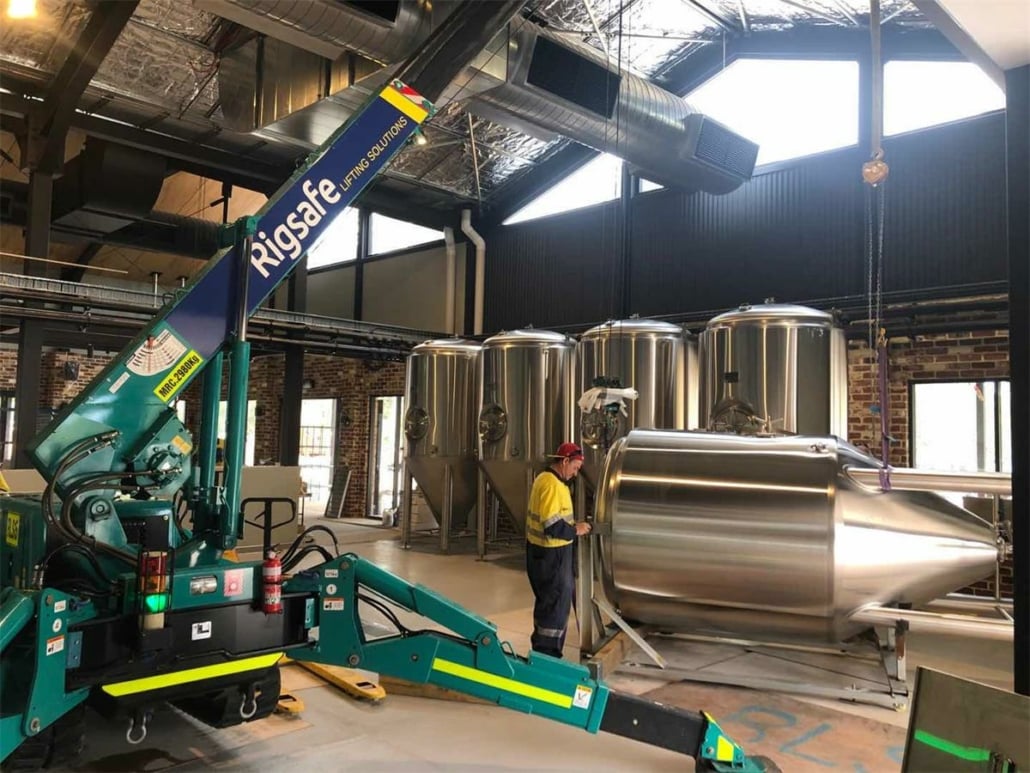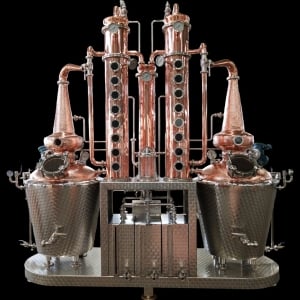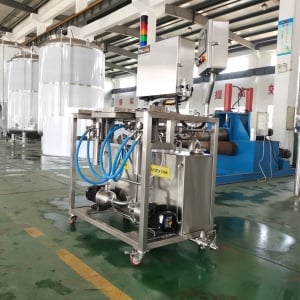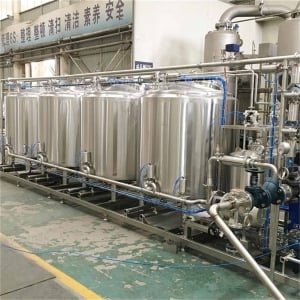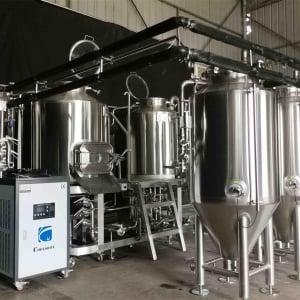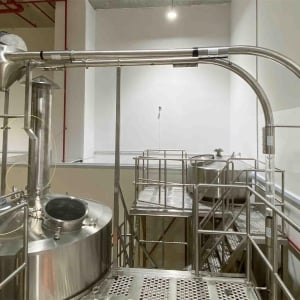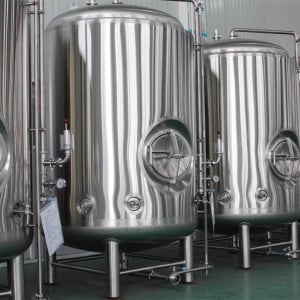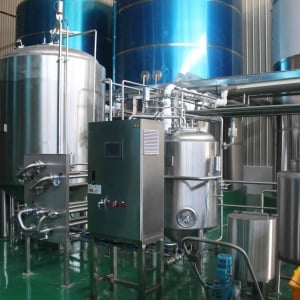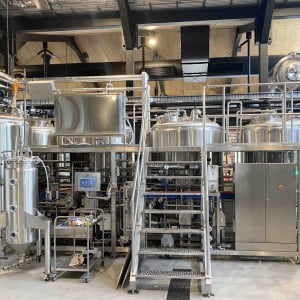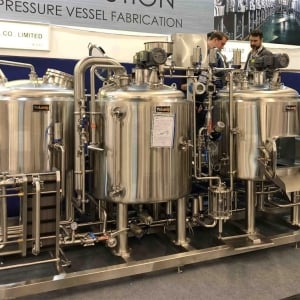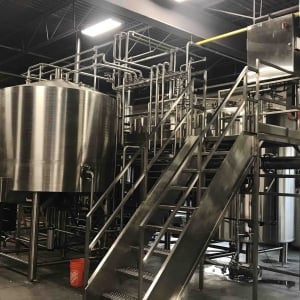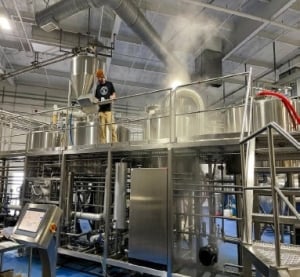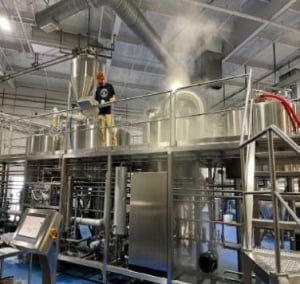Table of Contents
ToggleIntroduction
Welcome to the world of brewing, where creativity, craftsmanship, and innovation come together to create delightful concoctions known as beer. At the heart of this enchanting process lies the brewery system—a collection of specialized equipment that transforms simple ingredients into complex and flavorful brews.
What is a Brewery System?
A brewery system, also known as a brewing system, is an integrated set of equipment used to produce beer on a commercial scale. It encompasses various vessels, controls, and processes necessary for brewing, fermenting, and conditioning beer.
History of Brewery Systems
Brewing beer is an ancient art that dates back thousands of years. From the rudimentary practices of early civilizations to the modern-day technological marvels, the evolution of brewery systems has been remarkable.
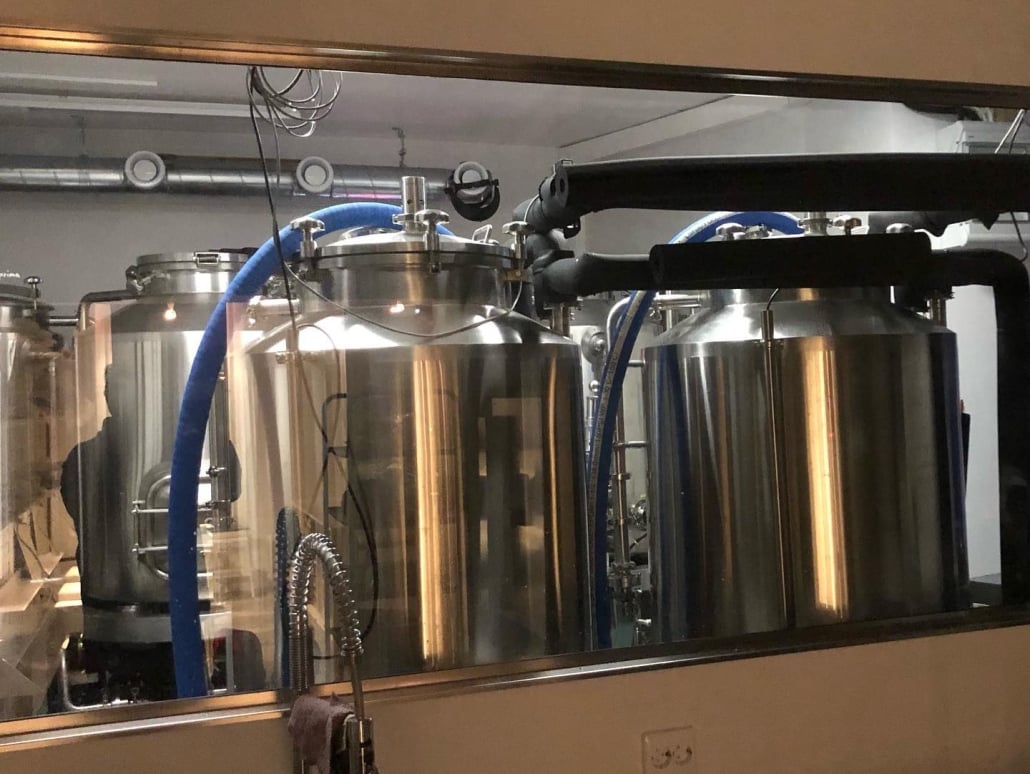
Components of a Brewery System
Understanding the key components of a brewery system is essential to grasp the intricacies of the brewing process. Let’s explore the primary elements of a brewery system:
Brewing Kettle
The brewing kettle is where the magic begins. This is where the malted grains are mixed with water and boiled to extract the sugars that will eventually be fermented into alcohol.
Mash Tun
The mash tun is the vessel where milled grains and hot water are combined to create the mash. Here, enzymes break down the starches into fermentable sugars.
Fermentation Vessels
Fermentation vessels are where yeast is added to the wort to convert sugars into alcohol and carbon dioxide, giving beer its intoxicating and fizzy characteristics.
Cooling System
After boiling, the hot wort needs to be rapidly cooled before adding yeast. The cooling system ensures a controlled temperature reduction.
Filtration System
Before fermentation, the wort may pass through a filtration system to remove solid particles and impurities, resulting in a clearer liquid.
Control System
A modern brewery system includes a sophisticated control system to monitor and adjust various parameters throughout the brewing process.
Types of Brewery Systems
The brewing industry has diversified, giving rise to different types of brewery systems tailored to specific business models and production volumes:
Craft Brewery Systems
Craft brewery systems are small-scale setups that emphasize quality, creativity, and a connection to the local community.
Microbrewery Systems
Microbrewery systems produce beer on a slightly larger scale than craft breweries and often distribute their products regionally.
Nano Brewery Systems
Nano brewery systems are even smaller, producing limited quantities of beer, often catering to niche markets or experimental brews.
Commercial Brewery Systems
Commercial brewery systems are large-scale operations producing significant volumes of beer for wider distribution.
How Does a Brewery System Work?
Brewing beer is a multi-step process that involves various stages, each contributing to the final product’s taste and character. Here’s an overview of the brewing process within a brewery system:
Brewing Process Overview
From mashing to packaging, each step in the brewing process plays a crucial role in determining the beer’s flavor, aroma, and appearance.
Step 1: Malting
Malting is the initial stage where raw barley or other grains are soaked, germinated, and dried to prepare malted grains for brewing.
Step 2: Mashing
The malted grains are mixed with hot water in the mash tun, initiating the enzymatic conversion of starches into fermentable sugars.
Step 3: Boiling
The mash is transferred to the brewing kettle and boiled. Hops are added during this stage to impart bitterness, flavor, and aroma.
Step 4: Fermentation
After boiling, the wort is cooled and transferred to fermentation vessels, where yeast is added to start the fermentation process.
Step 5: Conditioning
Once fermentation is complete, the beer undergoes conditioning, where it matures and develops its final taste profile.
Factors to Consider When Choosing a Brewery System
Capacity and Production Volume
The brewery’s intended production volume should align with the capacity of the brewery system. It’s essential to choose a system that can handle the desired output without compromising on quality.
Space and Location
Available space and location constraints should be taken into account when selecting a brewery system. It’s crucial to ensure that the equipment can fit comfortably within the chosen premises and comply with local zoning and safety regulations.
Automation and Control
Modern brewery systems offer various levels of automation and control. Assess the level of automation needed based on your brewing expertise and budget. Advanced control systems can enhance efficiency and consistency in the brewing process.
Budget and Cost
The cost of the brewery system is a significant investment for any brewery business. Consider both the initial purchase cost and long-term operational expenses, including maintenance and utilities.
Maintenance and Support
Reliable after-sales support and maintenance services are crucial to keep the brewery system running smoothly. Research the reputation of the manufacturer and their track record in providing customer support.
Advantages of Brewery Systems
Investing in a brewery system offers numerous benefits that contribute to the success and growth of a brewery business:
Quality Control
Brewery systems allow brewers to maintain strict quality control over the brewing process, resulting in consistent and exceptional beer flavors.
Customization and Creativity
With a brewery system, brewers can experiment with different ingredients and brewing techniques, unleashing their creativity and offering unique beer varieties to customers.
Consistency and Efficiency
Automated brewery systems ensure consistent and efficient brewing, reducing the risk of errors and ensuring uniform product quality.
Direct-to-Consumer Sales
Owning a brewery system enables breweries to sell their products directly to consumers, fostering a strong connection with the customer base.
Challenges of Brewery Systems
Despite the benefits, brewery systems come with their own set of challenges that brewers need to navigate:
Initial Investment
The upfront cost of purchasing a brewery system can be significant, posing a financial challenge, especially for new and small-scale breweries.
Licensing and Regulations
Brewing businesses must adhere to numerous licensing and regulatory requirements, which can be complex and time-consuming to navigate.
Competition in the Market
The craft beer market is highly competitive, making it challenging for new breweries to establish themselves and stand out from the crowd.
Supply Chain Management
Efficient supply chain management is essential to ensure a steady flow of raw materials and distribution of the finished product.
Sustainability in Brewery Systems
As environmental consciousness grows, breweries are increasingly adopting sustainable practices:
Water and Energy Conservation
Breweries are finding ways to reduce water usage and implement energy-efficient systems to lower their environmental impact.
Waste Management
Efficient waste management strategies, such as recycling spent grains and reusing water, help reduce brewery waste.
Locally Sourced Ingredients
Sourcing ingredients locally not only supports the community but also reduces the carbon footprint associated with transportation.
Trends in Brewery Systems
The brewing industry is dynamic and ever-evolving, with several exciting trends shaping the landscape:
New Brewing Technologies
Advancements in brewing technologies, such as automated systems and AI-assisted processes, are revolutionizing the industry.
Unique Flavors and Ingredients
Brewers are experimenting with unconventional ingredients and flavor combinations to offer distinctive and memorable beer experiences.
Brewery Tourism and Experience
Breweries are embracing the trend of brewery tourism, offering tours and experiences that give visitors an insight into the brewing process.
Collaboration and Community Involvement
Collaborations between breweries and community involvement initiatives strengthen the craft beer culture and foster goodwill.
Future Outlook of Brewery Systems
The future of brewery systems looks promising as innovation and consumer demand continue to drive the industry forward.
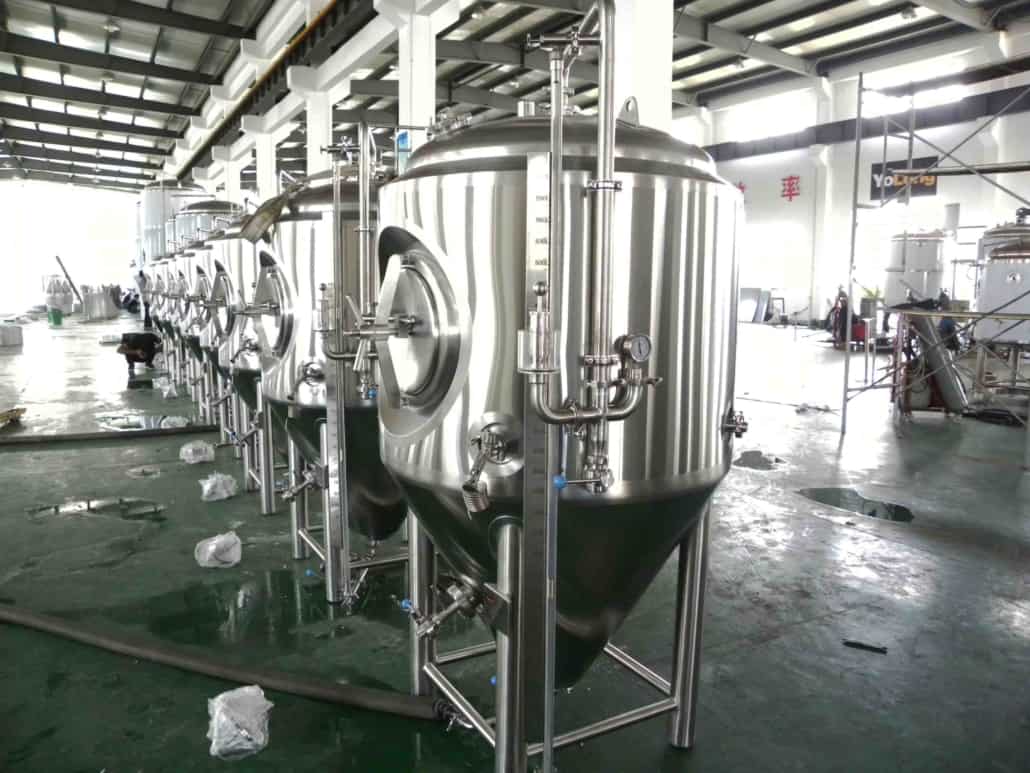
Conclusion
The brewery system is the beating heart of the craft brewing industry, empowering brewers to create delightful and diverse beer varieties. From small-scale craft breweries to large commercial operations, each brewery system contributes to the rich tapestry of the brewing world. As the industry evolves, sustainability, innovation, and community engagement will play vital roles in shaping its future.
FAQs
How much does a brewery system cost?
The cost of a brewery system can vary significantly depending on the size, capacity, and level of automation. Small craft brewery systems may start around $100,000, while larger commercial systems can cost millions.
What is the brewing capacity of a nano brewery system?
Nano brewery systems typically have a brewing capacity ranging from one to three barrels (31 to 93 gallons).
Can I start a brewery business without prior brewing experience?
While prior brewing experience is beneficial, it is not a strict requirement. Aspiring brewers can undergo training or work with experienced brewers to learn the craft.
What are some popular craft brewery systems in the market?
Some popular craft brewery systems in the market include the Braumeister, Sabco BrewMagic, and Speidel Braumeister.
How can I ensure the quality of my brewed beer?
Maintaining strict quality control measures throughout the brewing process, including proper sanitation, ingredient selection, and temperature control, is essential to ensure the quality of brewed beer.

